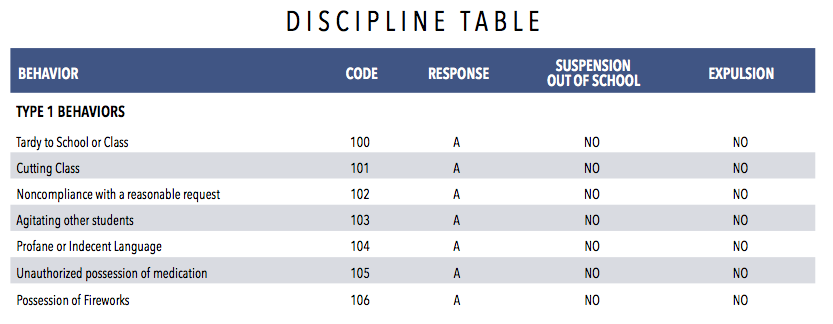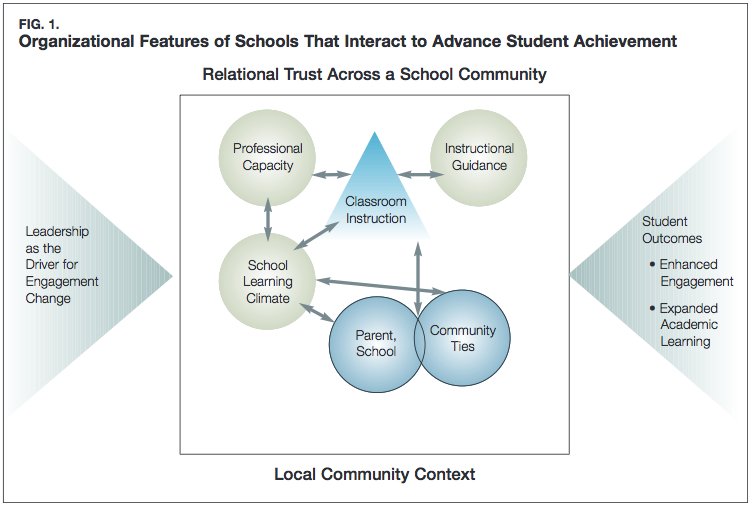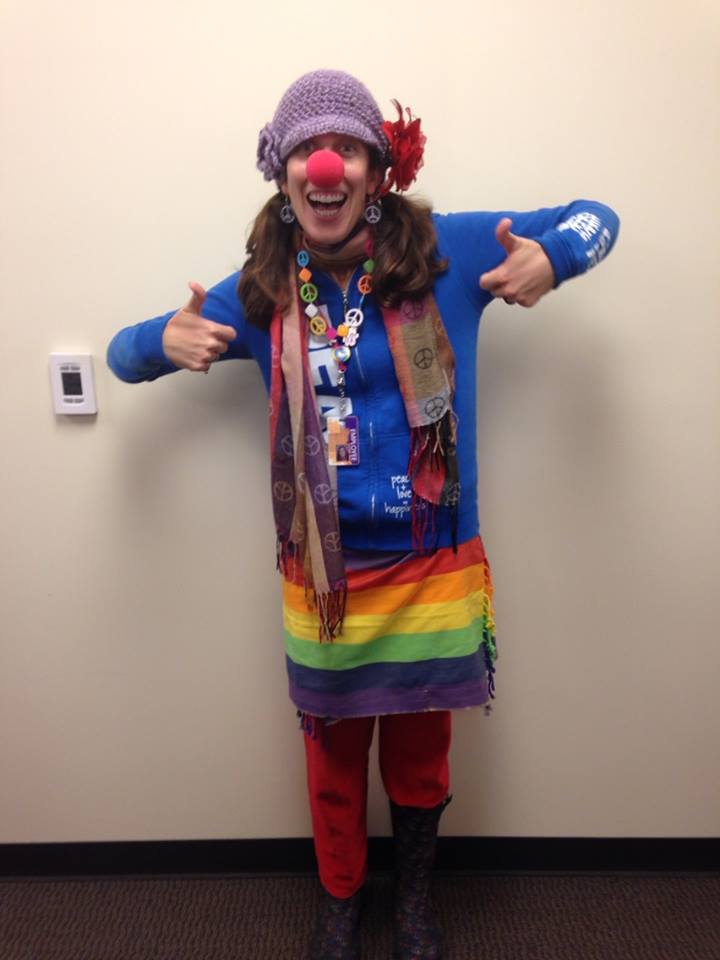
I recently listened to an Invisibilia podcast called “Becoming the Batman,” in which the hosts discuss the concept that blindness is a social construction. They talk to the author of the book The Making of Blind Men, Robert Scott, who explains it simply: “The disability of blindness is a learned social role.” He goes on… read more














